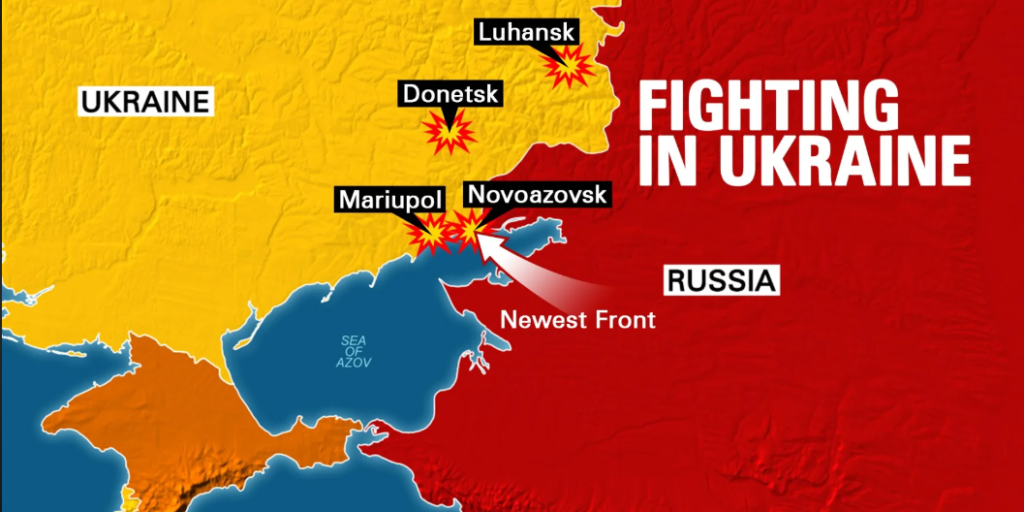The conflict between Russia and Ukraine is complex and multifaceted, with roots that stretch back decades. However, a key catalyst for the current phase of the conflict can be traced back to 2014.
In 2014, Ukraine experienced a series of dramatic events that culminated in the ousting of its pro-Russian President, Viktor Yanukovych, following months of protests known as the Euromaidan movement. Yanukovych’s decision to abandon a proposed association agreement with the European Union in favor of closer ties with Russia sparked widespread anger among Ukrainians who sought closer integration with Europe.
The Euromaidan protests led to a political crisis and eventually to Yanukovych fleeing the country. This event prompted Russia to intervene militarily in Ukraine, particularly in Crimea, a region with historical ties to Russia and a significant ethnic Russian population. Russian forces, without insignias identifying them, occupied key locations in Crimea, and a controversial referendum was held, resulting in Crimea being annexed by Russia in March 2014. The annexation was widely condemned by the international community, and most nations continue to recognize Crimea as part of Ukraine.
Following the annexation of Crimea, pro-Russian separatist movements emerged in eastern Ukraine, particularly in the Donetsk and Luhansk regions, which have significant Russian-speaking populations. These separatists declared independence from Ukraine and established self-proclaimed republics, Donetsk People’s Republic (DPR) and Luhansk People’s Republic (LPR), with support, both overt and covert, from Russia. The conflict in eastern Ukraine escalated into a full-fledged war between Ukrainian government forces and the separatists, with thousands of casualties and significant humanitarian consequences.
The reasons behind Russia’s involvement in the conflict are multifaceted:
- Historical, Cultural, and Ethnic Ties: Russia sees Ukraine as part of its historical sphere of influence, given their shared history, language, and cultural ties. Many Russians view Ukraine as an integral part of their identity, and the loss of Ukraine to Western influence is perceived as a threat to Russia’s geopolitical interests.
- Strategic Concerns: Ukraine holds significant strategic importance for Russia. It serves as a buffer zone between Russia and NATO-aligned countries, and its territory encompasses crucial pipelines that transport Russian natural gas to Europe. By maintaining influence over Ukraine, Russia aims to safeguard its strategic interests and prevent Ukraine from fully aligning with the West.
- Security Concerns: Russia perceives the expansion of NATO into former Soviet territories, including Ukraine, as a security threat. The prospect of Ukraine joining NATO, which was actively pursued by some Ukrainian leaders after the 2014 events, is viewed by Russia as a direct challenge to its security and a potential encroachment of hostile military forces on its borders.
- Domestic Politics: Domestically, Russian President Vladimir Putin’s popularity surged following the annexation of Crimea, as many Russians celebrated the return of Crimea to Russian control. The conflict with Ukraine has also been used by the Russian government to stoke nationalist sentiment and divert attention from domestic issues.
- Economic Interests: Ukraine has significant economic ties with Russia, particularly in the energy sector. Russia has used economic leverage, such as cutting off gas supplies or imposing trade restrictions, to pressure Ukraine politically and maintain influence over its government.
Overall, the conflict between Russia and Ukraine is deeply rooted in historical, cultural, political, and strategic factors, with both sides having complex motivations and interests driving their actions. Efforts to resolve the conflict through diplomatic means have been ongoing but have yet to yield a lasting solution.

